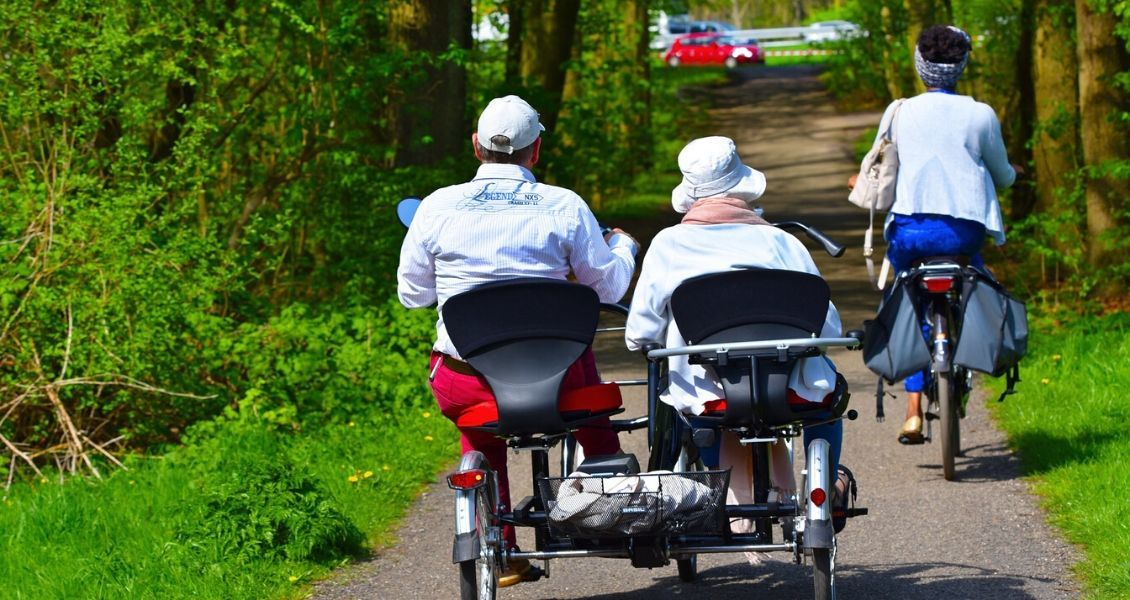In contemporary society, the concept of old age has often been associated more with endurance than enjoyment. Sadly, the neglect of physical well-being coupled with the onset of disease and mental decline has resulted in lifestyle challenges for the elderly population.
However, amidst these challenges, there is a notable shift in perspective. With advancements in healthcare and an increasing emphasis on longevity, society is witnessing a transformative approach to aging. This shift can be traced back to a significant moment in history, precisely a century ago, when King George V initiated the tradition of honoring individuals who reached the remarkable milestone of their 100th birthday. Fast forward to 2018, where the late Queen of England continued this tradition by personally signing over 16,000 birthday letters, symbolizing both recognition and celebration of longevity.
This tradition, rooted in acknowledging the triumph of age, mirrors a growing societal momentum towards understanding and managing the aging process more effectively. This momentum is fueled by a burgeoning interest in self-help practices and heightened awareness, particularly among the younger generation who seek greater control over their health outcomes.
In alignment with this societal shift, numerous research endeavors aim to unravel the complexities of human aging. One such notable effort emerges from the University of Birmingham, where Professor Janet M. Lord, an esteemed authority in Immune Cell Biology, and her colleagues delve into the intricacies of aging. Their research traces the evolutionary journey of humanity from highly active tribes in the prehistoric hunter-gatherer era to the contemporary sedentary lifestyle, where adults, on average, spend a staggering 15 hours a day in a seated position. This profound shift towards a sedentary lifestyle has profound implications, contributing significantly to the aging process across various bodily systems, including muscle, bone, and the immune system.
As we reflect on these insights, it becomes increasingly evident that our approach to aging must evolve. By embracing a holistic understanding of aging, rooted in physical activity, proactive healthcare, and societal support, we can pave the way for a future where old age is not merely endured but truly enjoyed.
Professor Janet M. Lord’s original summary article can be found here at the Conversation.com
Image by 




